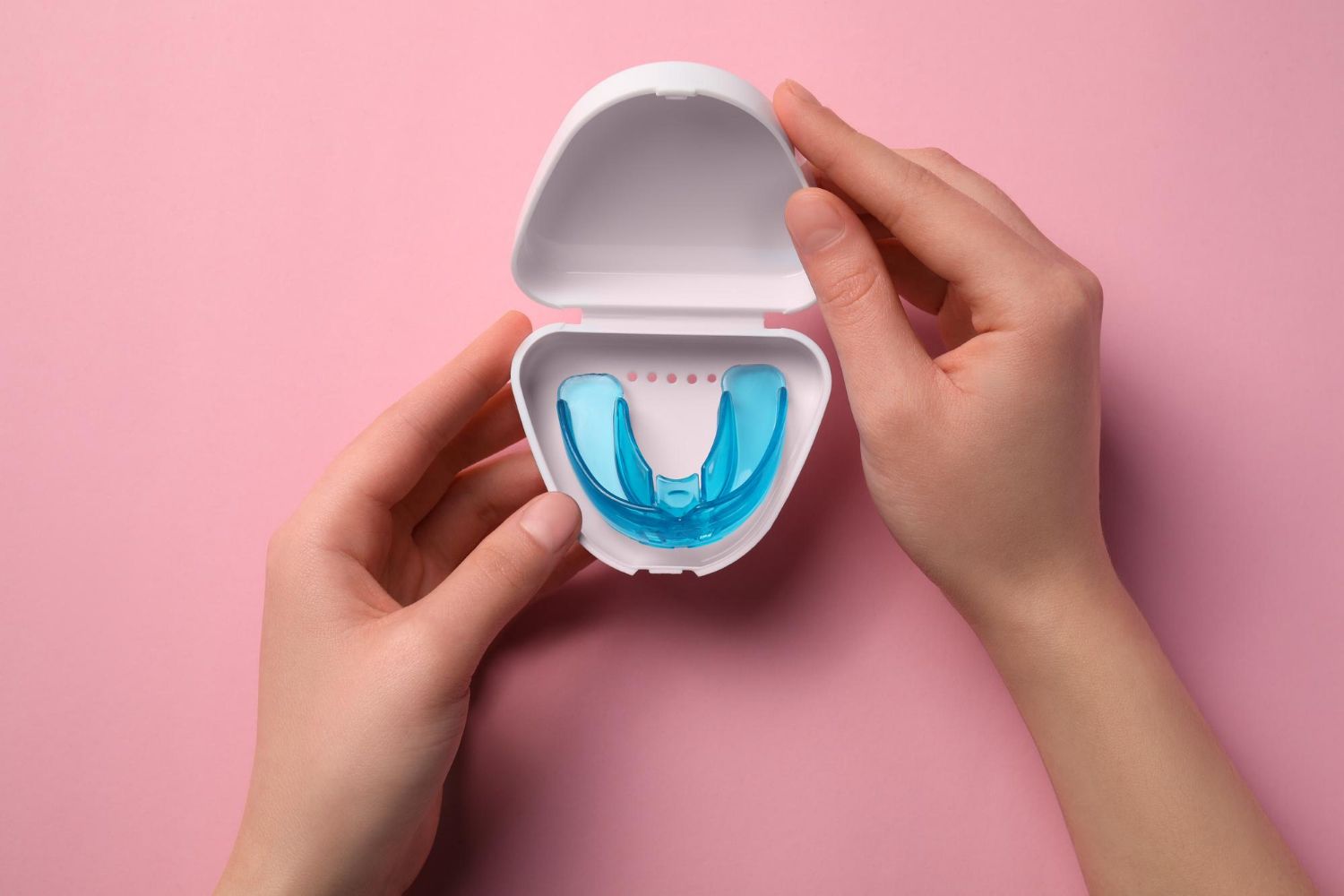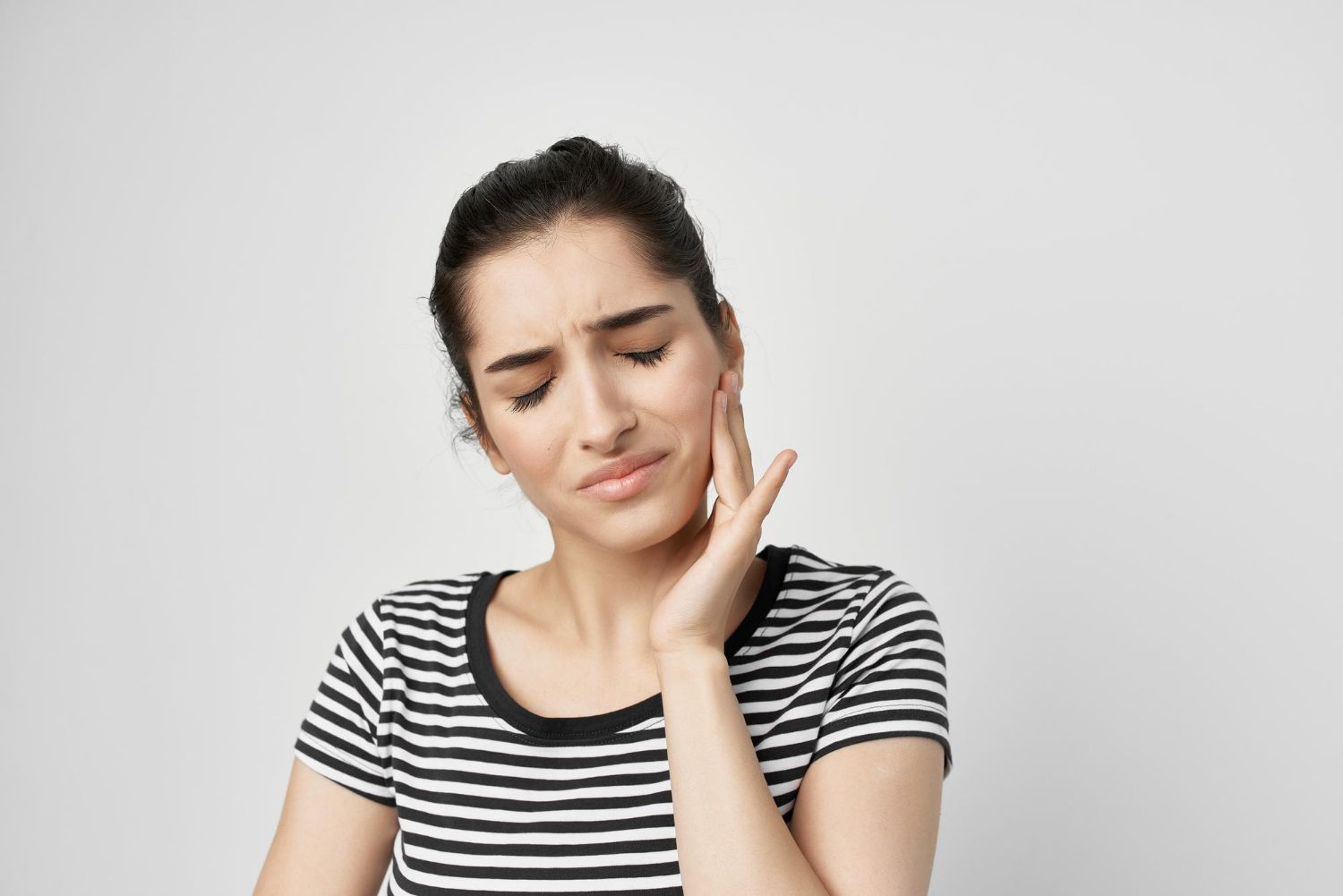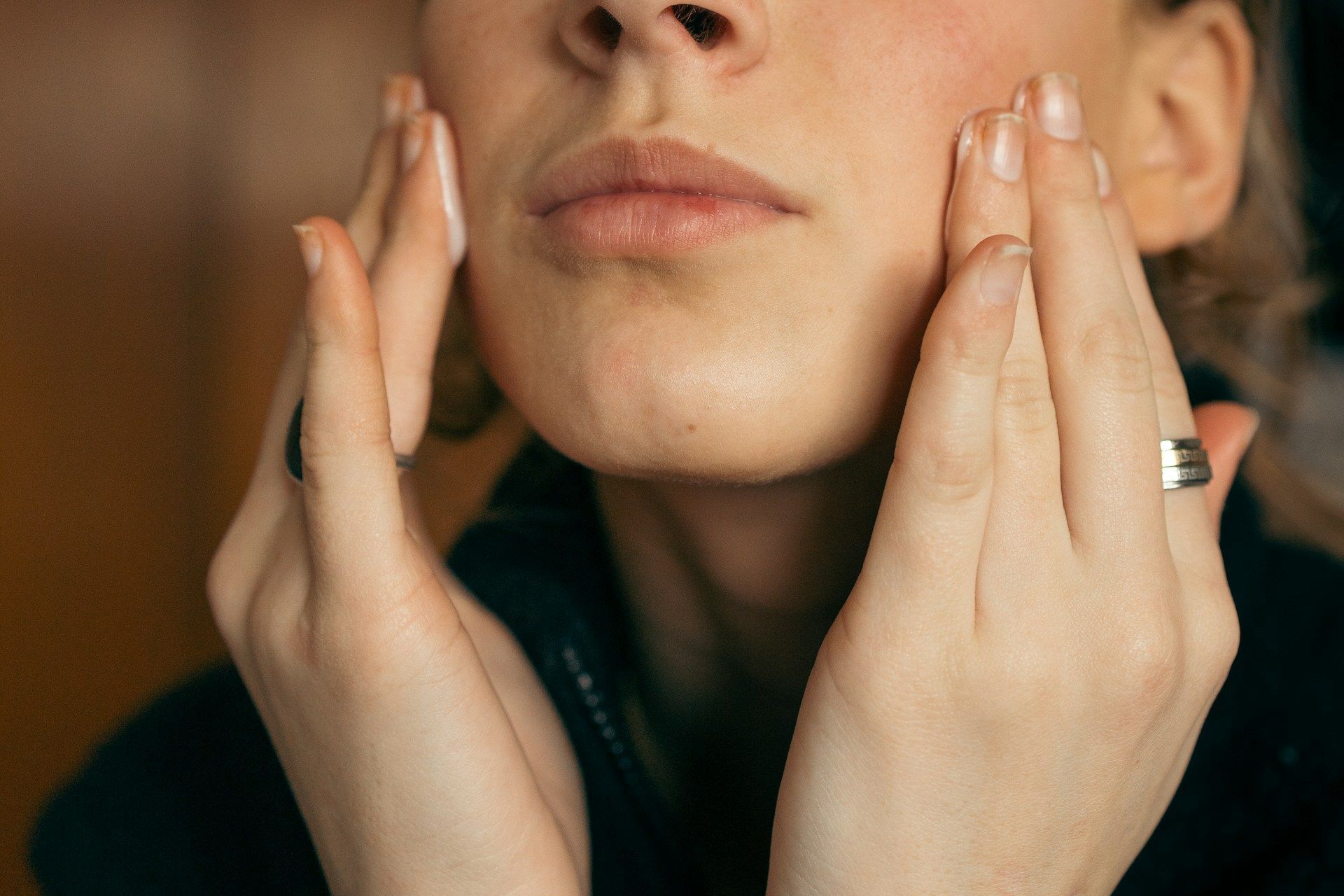Why Does Your Head Hurt? Dr. Cameron Kuehne Explains

Do you often wonder why your head hurts? Head pain can come from many sources and significantly affect your daily life. Dr. Cameron Kuehne at The Center for Sleep Apnea and TMJ in Meridian is here to help you understand the common causes of head pain and provide insights into effective treatments.
In this article, we will explore various causes of head pain and examine how TMJ disorders contribute to headaches. Dr. Cameron Kuehne will also share his approach to diagnosing head pain and discuss the effective treatment options available at The Center for Sleep Apnea and TMJ. By understanding the causes and treatments, you can take steps towards relief and a better quality of life.
Common Causes of Head Pain
Head pain can arise from different sources and uniquely affect various head parts. Some common causes include tension headaches, migraines, and sinus problems. Tension headaches are the most frequent type of headache. They often feel like a tight band around your forehead and can be triggered by stress, lack of sleep, or poor posture.
Migraines are another common cause. These headaches are typically more severe than tension headaches and may be accompanied by nausea, sensitivity to light, and visual disturbances known as auras. Certain foods, hormonal changes, and even weather conditions can trigger migraines.
Sinus problems can also lead to headache pain. When your sinuses become inflamed due to infections or allergies, you might feel pain around your eyes, cheeks, and forehead. Other symptoms, such as a runny nose or congestion, accompany this pain.
Other causes can include dehydration, eye strain from prolonged screen time, and even certain medications. Identifying the specific cause of your head pain is essential for finding the proper treatment and relief.
How TMJ Disorders Contribute to Headaches
TMJ disorders are a significant but often overlooked cause of head pain. The temporomandibular joint connects your jaw to your skull, allowing you to chew, talk, and swallow. When there are issues with this joint, it can lead to a range of symptoms, including headaches.
Dr. Cameron Kuehne explains that TMJ disorders can cause headaches due to the stress and tension they place on the muscles around the jaw and temples. When the temporomandibular joint is misaligned or inflamed, it can affect the surrounding muscles, leading to pain that radiates to your head.
Common signs that your headaches might be related to TMJ include jaw pain, clicking or popping sounds when opening your mouth, and difficulty chewing. You might also notice stiffness in your jaw, neck, or shoulders. Grinding your teeth or clenching your jaw, often due to stress or anxiety, can worsen these symptoms and contribute to more frequent headaches.
Understanding how TMJ disorders contribute to head pain is crucial for getting appropriate treatment. By addressing the underlying TMJ issues, you can potentially reduce or eliminate the headaches associated with them. Dr. Cameron Kuehne emphasizes the importance of seeking specialized care to manage TMJ disorders effectively.
Dr. Cameron Kuehne’s Approach to Diagnosing Head Pain
When you visit Dr. Cameron Kuehne at The Center for Sleep Apnea and TMJ, he will take a detailed medical history to understand your symptoms better. He will ask about your head pain's frequency, duration, and nature. This helps to identify any patterns or triggers that might be causing your headaches.
Next, Dr. Cameron Kuehne will perform a physical examination. He will check your head, neck, and jaw to see any signs of TMJ disorders. He might also evaluate your bite and the alignment of your teeth. During this exam, he will look for tenderness, clicking or popping sounds, and other abnormalities in your temporomandibular joint.
Dr. Cameron Kuehne might use imaging tests like X-rays or MRIs to get a clearer picture of your jaw and temporomandibular joint. These images can help him see any structural issues or inflammation contributing to your head pain. Dr. Cameron Kuehne ensures a comprehensive diagnosis by combining a thorough examination with detailed imaging.
Effective Treatments for Head Pain at The Center For Sleep Apnea and TMJ
Once Dr. Cameron Kuehne has diagnosed the root cause of your headache, he will work with you to develop a personalized treatment plan. For TMJ-related headaches, one of the primary treatments is oral appliances. These custom-made devices help to properly align your jaw and reduce strain on the temporomandibular joint.
In addition to oral appliances, Dr. Cameron Kuehne may recommend physical therapy. Specific exercises can strengthen the muscles around your jaw and improve the function of your temporomandibular joint, helping reduce the frequency and severity of your headaches.
Lifestyle changes can also significantly help manage head pain. Dr. Cameron Kuehne might suggest stress-reduction techniques, changes in diet, and better sleep habits to alleviate symptoms. He may also recommend avoiding hard or chewy foods that strain your jaw. Medication to reduce inflammation and pain might be prescribed as part of your treatment plan.
Conclusion
If you're struggling with frequent headaches, understanding the underlying cause is crucial for finding effective relief. Dr. Cameron Kuehne at The Center For Sleep Apnea and TMJ in Meridian is dedicated to helping you pinpoint the source of your headaches and offering personalized treatments to manage your pain.
To start your journey toward relief from head pain, schedule a consultation with Dr. Cameron Kuehne at CSAT Meridian—The Center for Sleep Apnea and TMJ. Take the first step with our
TMJ dentist in Nampa for a healthier, pain-free life today.










